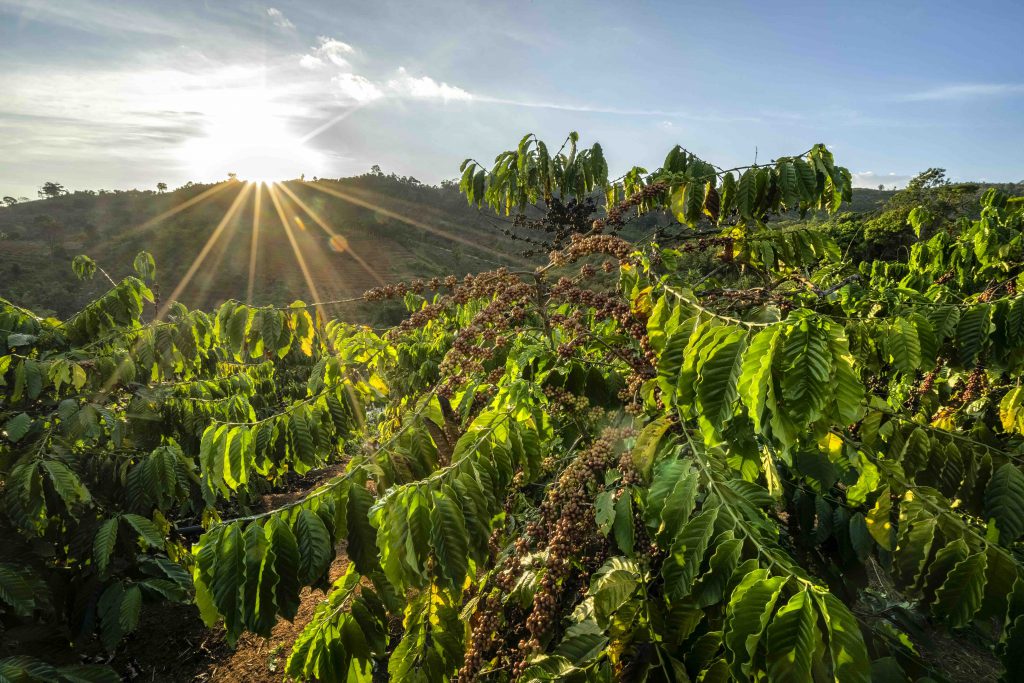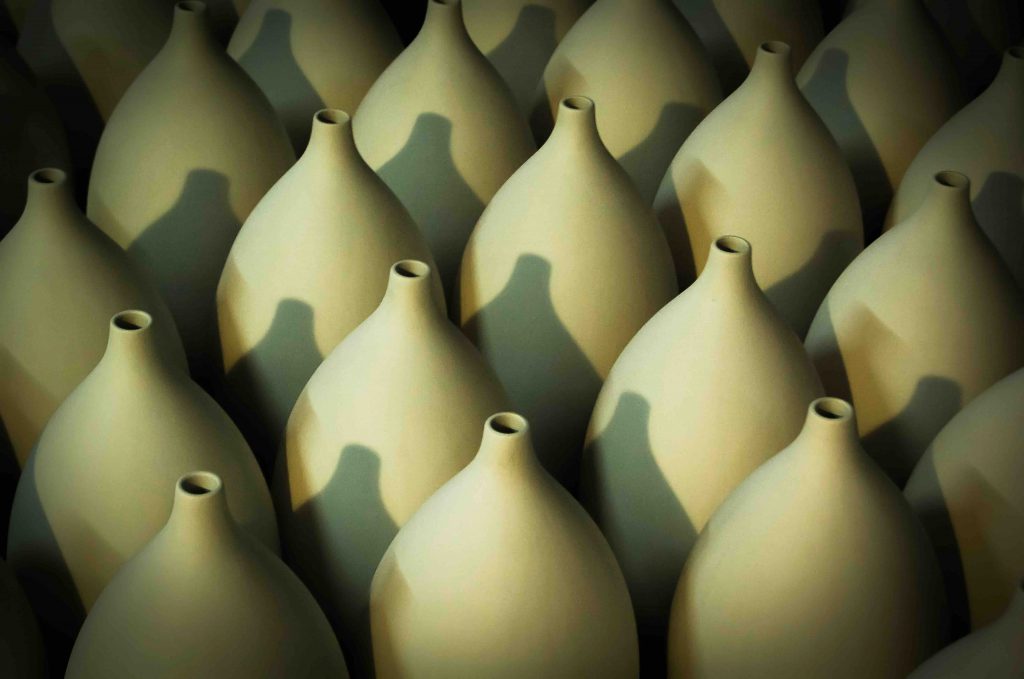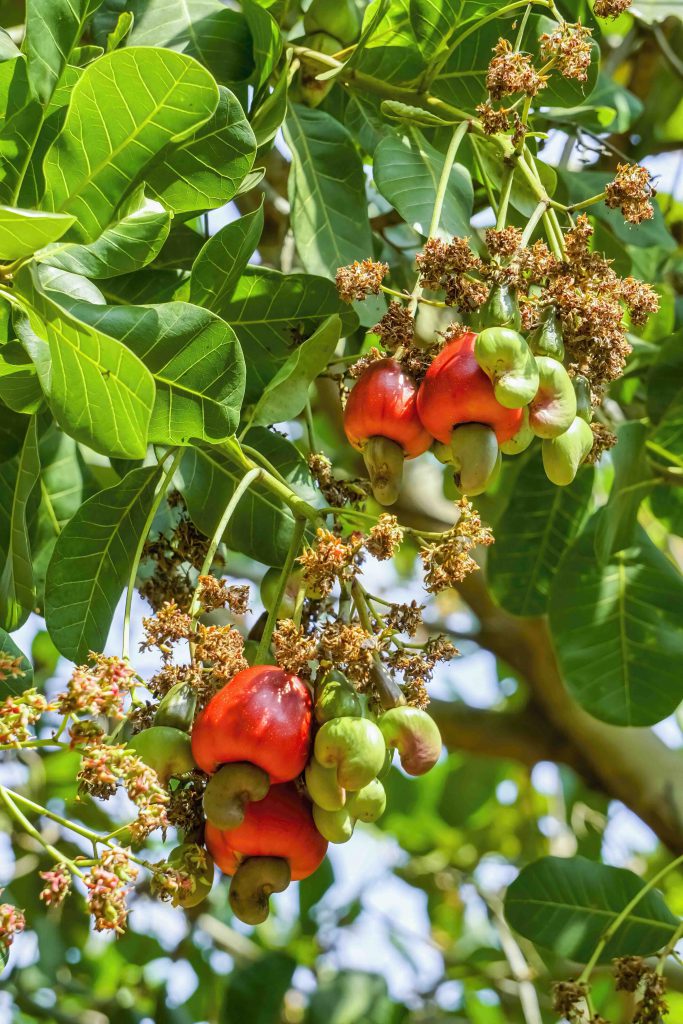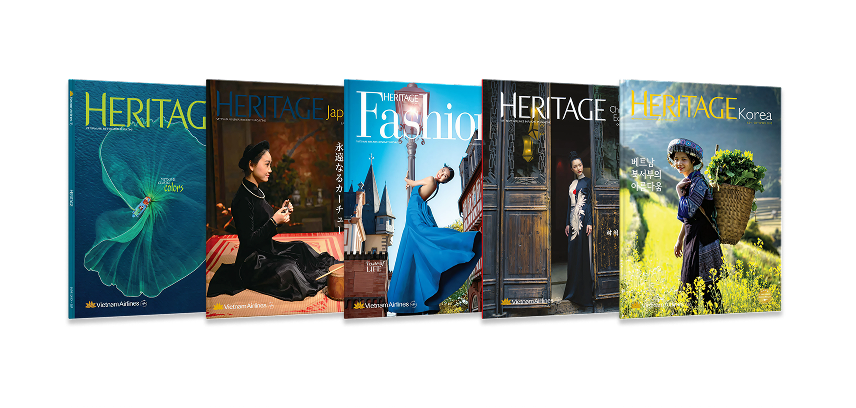Story: Tra Giang
Photos: Quang Ngọc
Vietnam’s rural economy has undergone a remarkable transformation in recent years, largely thanks to the One Commune One Product (OCOP) program.
Launched in 2018, the OCOP initiative has been widely recognized by experts as a key driver in reshaping the face of rural Vietnam. More than an economic program, OCOP has evolved into a comprehensive development strategy that integrates economic growth with cultural preservation, social progress, rural tourism, and environmental sustainability.

Beyond rice and vegetables
According to the Ministry of Agriculture and Environment, Vietnam now has 17,316 OCOP-certified products (rated three stars or higher) from 9,345 producers – an increase of 12,838 products since 2020 and 8,404 more than in 2022. This total exceeds the national target set in the Prime Minister’s Decision No. 919/QĐ-TTg (dated August 1, 2022) by 1.73 times.
Among these, 72% are three-star products, 27% are four-star, and 126 products meet five-star standards. This strict rating ratio underscores the program’s credibility and the rigorous assessment process behind each certification.
The Red River Delta leads with 32% of the nation’s OCOP products, followed by the Mekong Delta at 22%, the South-Central Coast and Central Highlands at 18%, and the Southeast region at 6.5%.
OCOP products are now distributed through more than 674 sales and exhibition centers nationwide – up 4.5 times since 2020. Many products are sold in major supermarket chains such as Central Retail, Saigon Co.op, and Mega Market, as well as on prominent e-commerce platforms including Voso, Lazada, VnPost, and TikTok Shop.
Notably, the average selling price of OCOP products has increased by 17%, with over 55% fetching higher prices after certification. This has incentivized producers to meet the program’s standards and secure OCOP recognition.

Driving growth in rural Vietnam
At its core, OCOP aims to unlock local potential by developing unique, community-led products. The program has not only improved incomes but also generated around 22,000 new jobs, alleviating underemployment and reducing unplanned urban migration.
In Ba Vi, Hanoi, OCOP products like fresh milk, Minh Hong vermicelli, and Ba Trai tea have gained a strong foothold in domestic markets and are gradually reaching export destinations. In Minh Quang, households producing OCOP vermicelli now earn 15 to 20 times more than those growing rice.
The OCOP program is driving sustainable growth for key agricultural products. Signature items such as Can Gio mangoes (Ho Chi Minh City) and Huong Bot roasted bean tea (Quang Nam) – both three-star OCOP products – have become cultural ambassadors, showcasing local identity and craftsmanship to consumers around the world.
In a brand-centric economy, thanks to government-backed certification and quality assurance, OCOP has empowered individuals, communities, and small businesses to build trustworthy brands.
The program’s impact extends to rural tourism, as OCOP products represent not just goods but stories that embody local heritage and offer visitors authentic, memorable experiences.
OCOP has also ignited a wave of entrepreneurship across rural Vietnam. Many farmers, especially women and ethnic minorities, have confidently built their own brands. Statistics show that women account for 40% of OCOP producers, while ethnic minorities make up 19.6%, mainly in mountainous and disadvantaged areas. The program is empowering these groups to escape poverty and become successful local entrepreneurs.

Expanding into global markets
Mr. Phuong Dinh Anh, Deputy Chief of the National New Rural Development Office, reports that thousands of OCOP products have already been exported. All 126 five-star and nearly 300 potential five-star products have entered demanding markets like the U.S., Europe, and Japan. Other products – including fish sauce, vermicelli, instant bamboo shoots, dehydrated sea grapes, coffee, macadamia nuts, cashew nuts, durian chips, and dried lotus seeds – are also bringing significant economic benefits to rural communities.
Some standout examples are already proving their global competitiveness. A traditional fish sauce brand from Thanh Hoa, though relatively new, has achieved five-star OCOP certification and successfully penetrated markets like the U.S., Australia, Singapore, New Zealand, Japan, and South Korea, while preparing for official entry into the EU and China. Beyond its economic value, this product also reinforces the cultural heritage of Vietnam’s coastal communities.
Similarly, Bat Trang pottery – a hallmark of traditional craftsmanship in Hanoi – has achieved remarkable export success, with 95% of its OCOP-certified products reaching over 30 countries, among which are 5-star products from Tan Thinh Co-operative. Its distinctive local designs have strengthened global competitiveness and brand recognition.
Recent studies by the Ministry of Agriculture and Environment and the Ministry of Industry and Trade show rising international demand for OCOP products, especially among Vietnamese communities in Europe and the U.S., who see these items not just as commodities, but as symbols of their culture and homeland.
However, expanding into global markets remains a formidable challenge for small rural producers. Many still struggle with consistent quality control, brand development, digital transformation, and human resources, and have limited knowledge of export procedures and e-commerce operations.
Most importantly, OCOP products need regular monitoring and quality reassessment to maintain consumer trust. As a government-certified brand ecosystem, OCOP must not only uphold its reputation but also protect the integrity of a national program that has become central to Vietnam’s rural economic revitalization.











